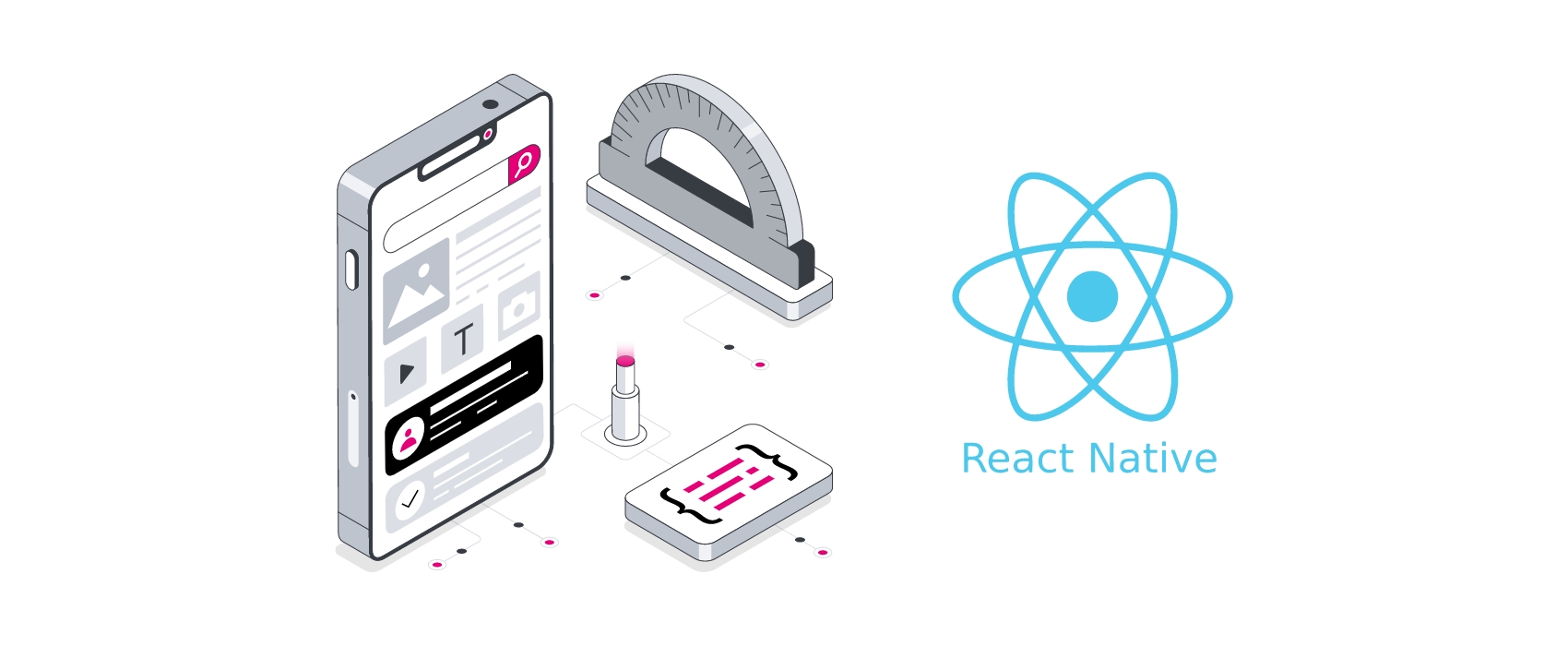REACT NATIVE SERVICES
Create rich mobile experiences faster and more easily by working with Groove Technology to harness React Native’s component-based UI model.
React Native App Development
Build high-quality native apps for Android and iOS with React Native, streamlining development with a shared codebase. Enjoy the benefits of native performance, rich features, and a superior user experience—all while reducing costs, speeding up delivery, and driving growth with Groove Technology.
Custom Native Module Development
Enhance your React Native app with custom or open-source native modules for features like Bluetooth, geolocation, and biometrics. We optimize performance by balancing native and cross-platform components to maximize value and efficiency.
Automated End-to-End Testing
Automate user interactions with the UI to run test scenarios efficiently, ensuring faster, cost-effective, and systematic testing. This approach helps detect bugs early, improve quality, and streamline application development.
Process automation
Automate repeatable operations—such as creating, testing, and deploying applications to Google Play or AppStore— to save time and money. We can help you adopt automated processes related to software development to reduce repetitive, manual tasks—which waste time and can lead to costly errors.
No worries about resource challenges, we’ve got your back!
We specialize in software outsourcing services with 2 engagement models
WHY WORK WITH GROOVE TECHNOLOGY?
We know that every React Native app is as special as the company it’s built to support.
Over the years, organisations and entrepreneurs have sought our help at every stage of growth to provide a multitude of different services and skills. We’ve never let our clients down—we don’t get caught off guard or lose focus.
We make your life easier at every step, and that includes being flexible enough to tailor our services to your situation.
What Make Us Different?
CASE STUDIES
WHY CHOOSE REACT NATIVE SERVICES FOR MOBILE DEVELOPMENT?

Cross-Platform Compatibility
React Native’s ability to work on multiple platforms using a single codebase makes it a cost-effective choice. This feature ensures that businesses save time while reaching users on both Android and iOS platforms.

Cost-Effectiveness
React Native development services help reduce costs by eliminating the need to hire dedicated development teams for Android and iOS. Its open-source libraries further contribute to budget-friendly development.

Enhanced Performance
React Native apps perform similarly to native apps, thanks to the use of native modules and APIs. This ensures smooth operation and high responsiveness.

Faster Development Process
Reusable components and pre-built libraries accelerate the development process. The hot reload feature further reduces debugging time, making the workflow efficient.

Strong Community Support
React Native has an extensive community of developers. Businesses have access to resources, updates, and mobile app development solutions for any challenges during development.

Customizable UI/UX
React Native allows for the creation of intuitive and visually appealing interfaces. Its declarative syntax makes UI design straightforward while ensuring a seamless user experience.
React Native is a platform that allows development teams to build mobile iOS and Android applications using React, a top-of-the-range JavaScript library for user interfaces.
From the perspective of the end user, the app is created with completely native components that provide the best user experience and performance.
From the development angle, React Native can be easily combined with Java or Kotlin code for Android apps, and with JavaScript code for iOS apps, which allows developers to save time. It also enables the exchange of code with web applications.
React Native also supports UWP, macOS and the web environment and is one of the most portable technologies that still honours platform differences to ensure an app’s experience is unique.
React Native produces an internal representation of the rendered UI, much like React Virtual DOM. This tree-shaped structure helps measure differences between changing layouts, optimising the rendering process across multiple platforms.
Developers use React's declarative API in their JavaScript source code, which is later translated into all platforms, such as iOS and Android, as entirely native components. This means a React Native developer doesn't need to know the exact form of components to which the JavaScript code is being translated.
Because of a common codebase, developing with React Native leads to improved efficiency and cohesive growth for all platforms, which is also immensely advantageous in terms of maintenance costs.
React Native is not just for startups. Huge players also use and endorse it actively, such as Facebook, Shopify, Instagram, Skype, Pinterest, Uber Eats, Discord, and Salesforce.
Apps built with React Native work in a native context: not a web browser.
It is easy to combine React Native with fully native code based on your requirements. It’s possible to develop only some components of the user interface in React Native, with the majority native. If your app does not need many native functions, we can write almost 100% of your codebase in JavaScript.
You can also leverage the same APIs used by native apps including Bluetooth connectivity, background geolocation, and biometrics features.
However, React Native is not appropriate for game development.
React Native provides many useful improvements to the workflow of mobile development, including hot reloads, which enable developers to make changes to the source code of the app without recompiling it.
React Native accelerates the software development process significantly: that helps you achieve value-for-money and hit deadlines.
In addition, applications written with React Native share Android and iOS codebases, making it much easier to develop and maintain.
While similar technologies are used by both React Native and hybrid mobile development systems such as Ionic, the final result may be quite different.React Native produces authentic mobile-first solutions. It's not a web-wrapped app: it performs the same as a native experience, which delivers the best UX.
End users notice the difference when they interact with an app built with React Native, compared to other hybrid apps. Typical hybrid apps are not as intuitive, are less responsive, and have limited access to the features of the phone.
React Native and Flutter are both cross-platform technologies that send you native outcomes, but take a different approach.
React Native uses platform-specific components, the same ones that are used for fully native development, while Flutter has its own mechanism for rendering platform components. React Native respects the variations between platforms, while Flutter seeks to unify and manage them.
Flutter also uses the less common Dart language, as opposed to the widely-known JavaScript / TypeScript languages used by React Native. This is an important consideration when choosing which technologies to use, as many developers will be more experienced in working with React in JavaScript.
React Native is the same as any other fully native app. The user can’t determine from the user interface alone that the application has been designed with React Native instead of Java or Swift.
Yes, of course. We don’t have to build your product from scratch in order to be of assistance. Bring our developers on board at any stage of development to advance your progress or change direction.
We may recommend conducting an audit to help us assess your existing codebase. We’ll identify the possible security, UX or code quality problems and present a clear plan for solving them.
Helping you determine the right tech foundation for your solution is part of the service we offer. It will depend on factors like the features you need, project timing, and budgets.
React Native delivers a cross-platform app that works in a native context, in less time and cost than building separate fully native apps. Some functionality may be best delivered as native code. We’re capable of helping you execute both approaches.
Typically, we would recommend that you capitalise on open-source modules using React Native if these are suitable for building your app’s core features—complemented by custom native modules as needed.
We will always tailor our advice to ensure you achieve a solution that is optimal in your particular scenario.










